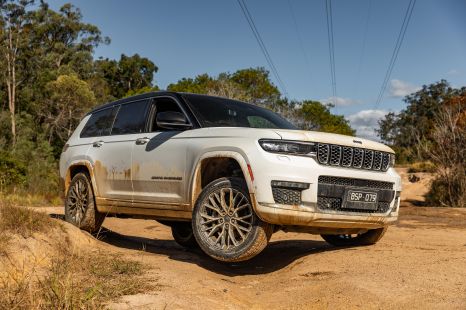

William Stopford
Every SUV, ute and van discontinued in Australia in 2025
13 Hours Ago

Marketplace Journalist
Audi hasn’t ruled out the possibility of selling diesel cars in Australia later in the decade, though it’ll depend on whether customers continue to buy them.
The brand has long offered diesel powertrains in its A4, A6, and A8 sedans and wagons, as well as in SUVs including the Q5, Q7, and Q8.
Though a petrol engine will join the range for 2025, Audi has continued to offer a diesel powertrain in its performance SQ5 since the model became the first ‘S’ car with a diesel engine in 2013.
Now, as the imminent arrival of Australia’s New Vehicle Efficiency Standard (NVES) is shifting attention to cleaner hybrid and plug-in hybrid (PHEV) models, Audi believes diesels will still have a role in its passenger car lineup – so long as there’s demand.
100s of new car deals are available through CarExpert right now. Get the experts on your side and score a great deal. Browse now.
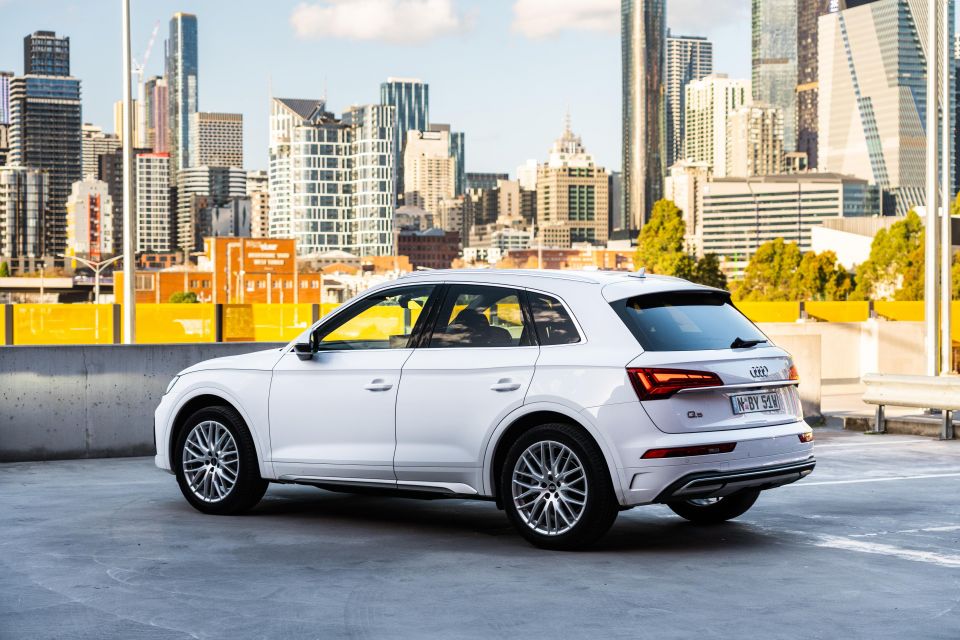
Though the brand’s lineup is dominated by petrol combustion engines – supported by the continued roll-out of mild- and PHEV tech – Audi Australia national product manager Matthew Dale says the continued sale of diesels is “up to the consumer”.
“We’re very much consumer-driven with all of our approach, and it’s up to the customers’ choice in offering that broad range,” he said.
No car in the Audi range is offered exclusively with diesel power, instead sold alongside various petrol engines within particular model ranges wearing the TDI or TFSI designations respectively.
That approach is in line with Audi’s intention to offer a broad range of choice for each of its cars, with many other models each available with a choice of standard combustion, hybrid-assisted, or full-fat performance powertrains – as seen in the Q8 and Q5 ranges.
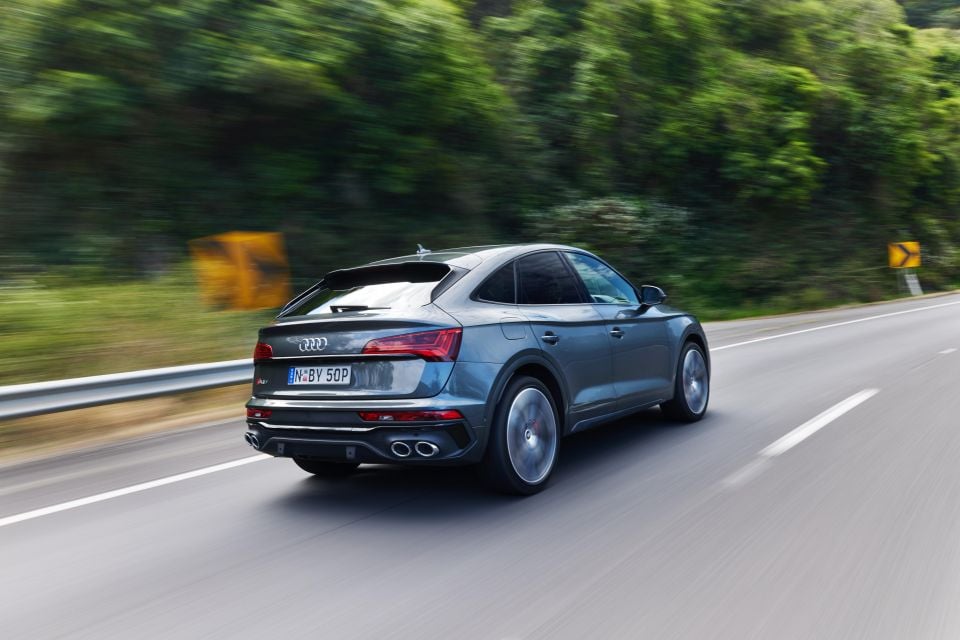
Mr Dale says diesels still have a place in Audi’s lineup, with diesels being “more efficient than petrols in some cases” – referencing the Q5 range specifically.
He also said diesels offered greater choice in lifestyle options, as in the case of towing with the Q7 SUV. While the Q7 55 TFSI and 50 TDI are priced the same, Mr Dale says the diesel option is typically more capable while producing 23 fewer grams of CO2 per kilometre.
“In Q7 as an example, Q7 customers like to tow and diesels are very good for that, and that actually comes with a lower CO2 footprint than the equivalent petrol within the range,” he said.
“When it comes to NVES, some diesels with the technology that we’ve got in those vehicles are actually more beneficial than some petrols, but when it comes down to us making a decision we always look at what the consumer wants.”
MORE: Plug-in hybrids a big part of Audi Australia’s future plans
Where expert car reviews meet expert car buying – CarExpert gives you trusted advice, personalised service and real savings on your next new car.
Max Davies is a CarExpert journalist with a background in regional media, with a passion for Japanese brands and motorsport.


William Stopford
13 Hours Ago
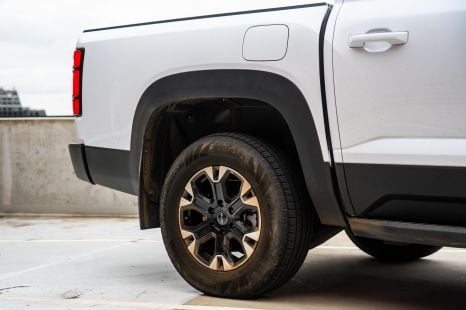

Ben Zachariah
14 Hours Ago
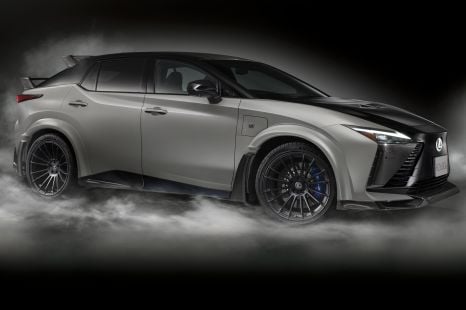

Derek Fung
15 Hours Ago
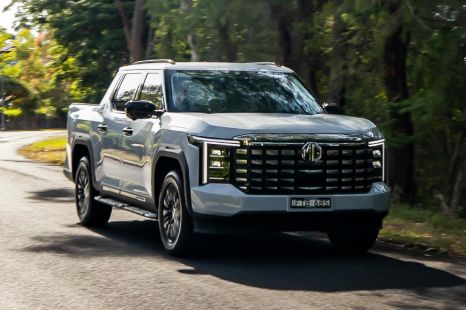

Matt Campbell
21 Hours Ago
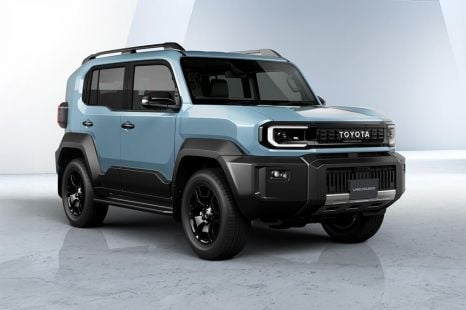

William Stopford
2 Days Ago
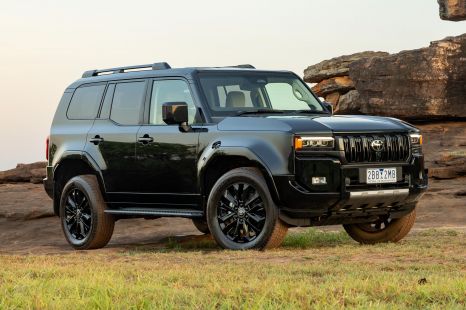

Josh Nevett
2 Days Ago